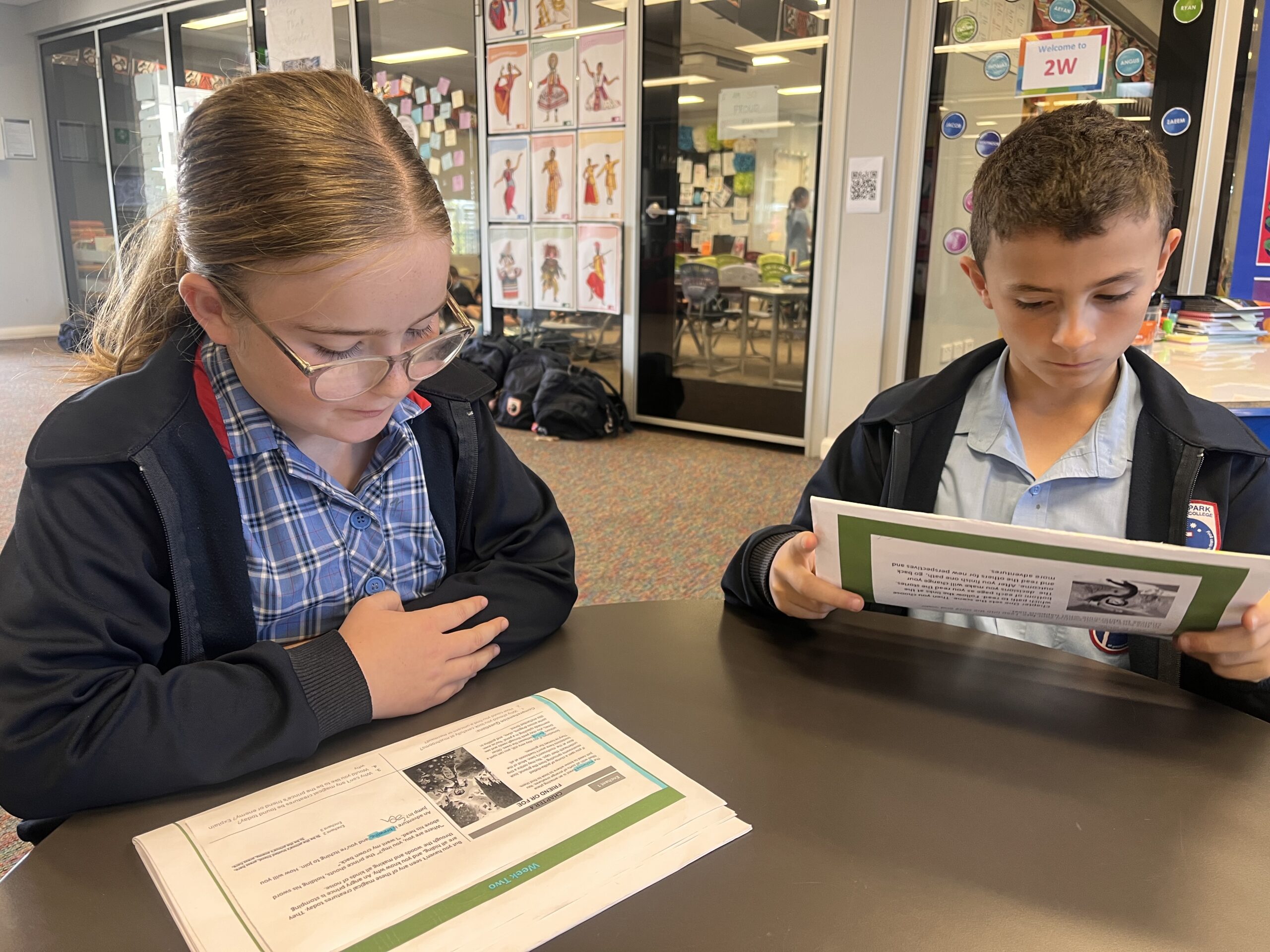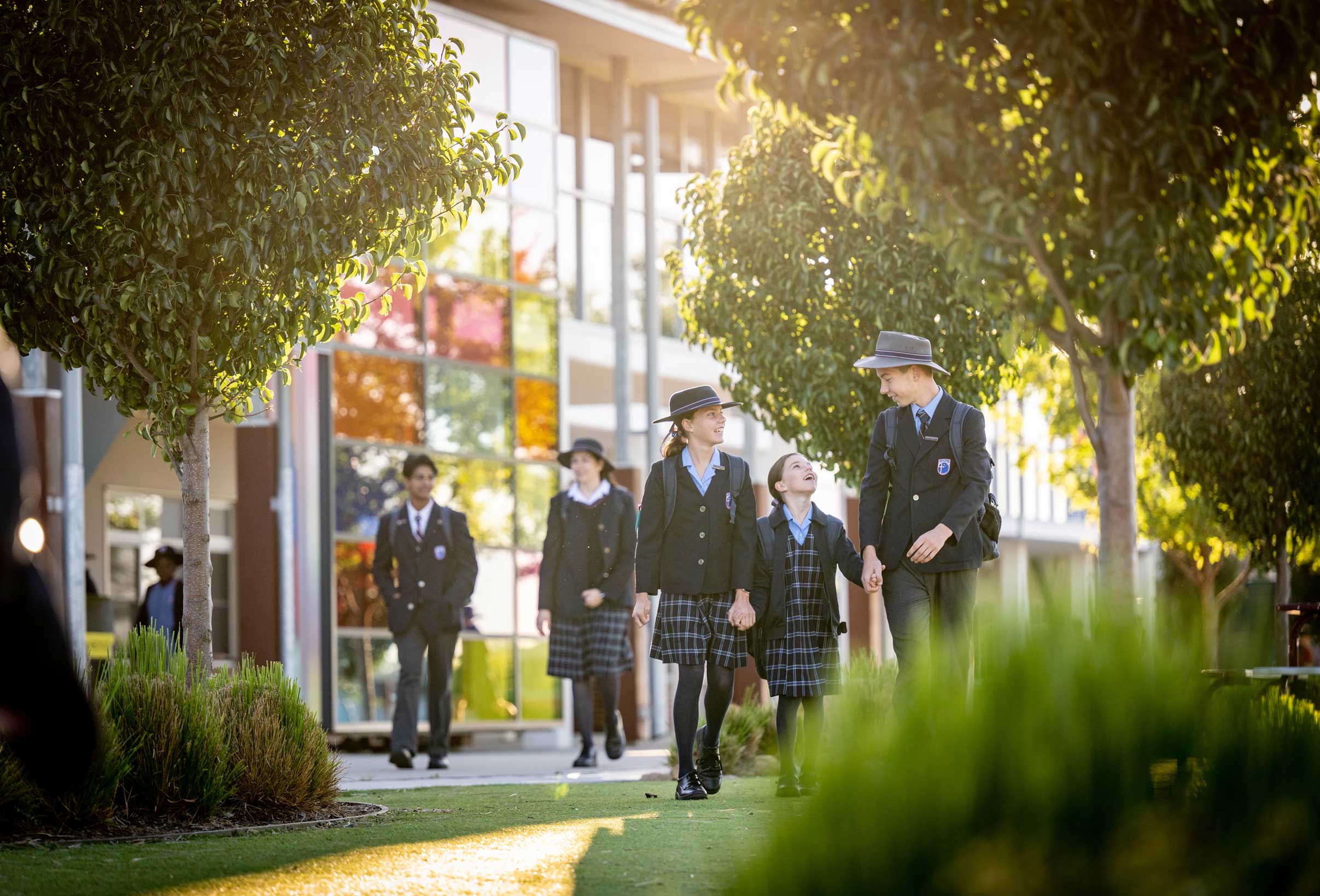Collaboration in the Classroom
When I think back to my own school days, I can remember the excitement of hearing that we would get to work with a partner or a small group during class time. Everything was always so much more fun when you got to work with a friend! Eyes would begin to dart around the room as we quickly tried to ensure our friends would be working with us. On one particular day when my Year 3 class had been told that we would be working on a project based on a famous Australian and we quickly did the respective ‘dibsing’ of friends. I was so excited to be working with my friends, Rachelle, Maria and Theresa.
At first, everything was going smoothly. We discussed our ideas and agreed on a famous Australian to present on. Everyone began to get to work. But then, things started to get a bit rocky. Rachelle began to dominate our discussions. She would often dismiss our suggestions, insisting that her ideas were the best. I found this really frustrating. Maria and Theresa were feeling the same way, and we attempted to explain to Rachelle that we needed to work together as a team. Unfortunately, Rachelle didn’t listen. She continued to push her own agenda, and as a result, our presentation was a complete disaster. The information was inconsistent, poorly organised and the overall quality was terrible. It was safe to say that my parents were anything but impressed with the grade I brought home for that one!
From that experience, I learned a valuable lesson about the importance of teamwork and respect for different perspectives. I realised that everyone’s voice should be heard, and that by working together, we can achieve so much more.

This term, we are focusing on collaboration, a valuable life skill that will benefit our students here at College, within their relationships with others and as they grow into young adults.
Collaboration is the act of working together to achieve a common goal. It involves sharing ideas, supporting each other and celebrating successes as a team. Unlike competition, where individuals strive to outperform each other, collaboration emphasises cooperation and mutual benefit. It is a vital skill in today's interconnected world. It allows individuals to leverage their diverse strengths, solve complex problems and achieve goals that would be impossible to attain alone.
As we explore collaboration this term, we will be unpacking our Powerful Learner Framework through the lens of collaboration. We will be working to develop these important dispositions in our students:
- Interdependence: Understanding that we rely on each other to achieve our goals.
- Listening with empathy: Putting yourself in someone else’s shoes and understanding their perspective.
- Adaptability: Being flexible and able to adjust to changing situations.
- Finding humour: Using humour to lighten the mood and build positive relationships.
I had the pleasure of visiting with the Year 3 class last week and was truly impressed by the wonderful collaboration I witnessed. One of the highlights was observing the students practicing reading fluency in pairs.
As the students took turns reading aloud, their partners listened attentively. When it was time for feedback, I was delighted to hear the thoughtful and constructive comments they provided. Each partner offered a “Celebration,” highlighting something positive about their partner’s reading, and a “Suggestion,” offering specific advice to help them improve.
It was clear that the students had been taught how to give effective feedback and understood the benefits of doing so. By reflecting on their own learning and providing support to their peers, they were not only helping others to grow but also deepening their own understanding of the material.
This experience was a wonderful reminder of the power of collaboration and the positive impact it can have on student learning. I am excited to see the continued growth in our students’ collaborative skills. As they continue to work together, I am confident that they will achieve great things.
God bless,
Mrs Kathryn Watkins
Deputy Head of Junior School – Teaching and Learning




